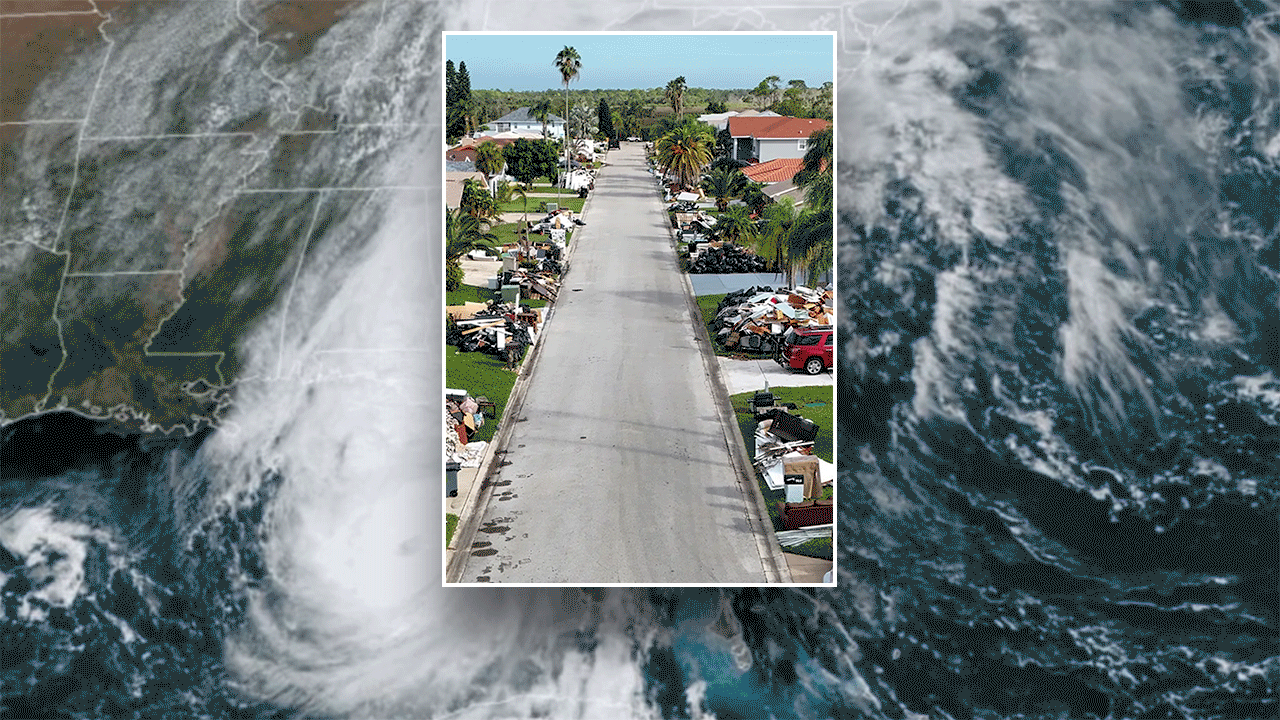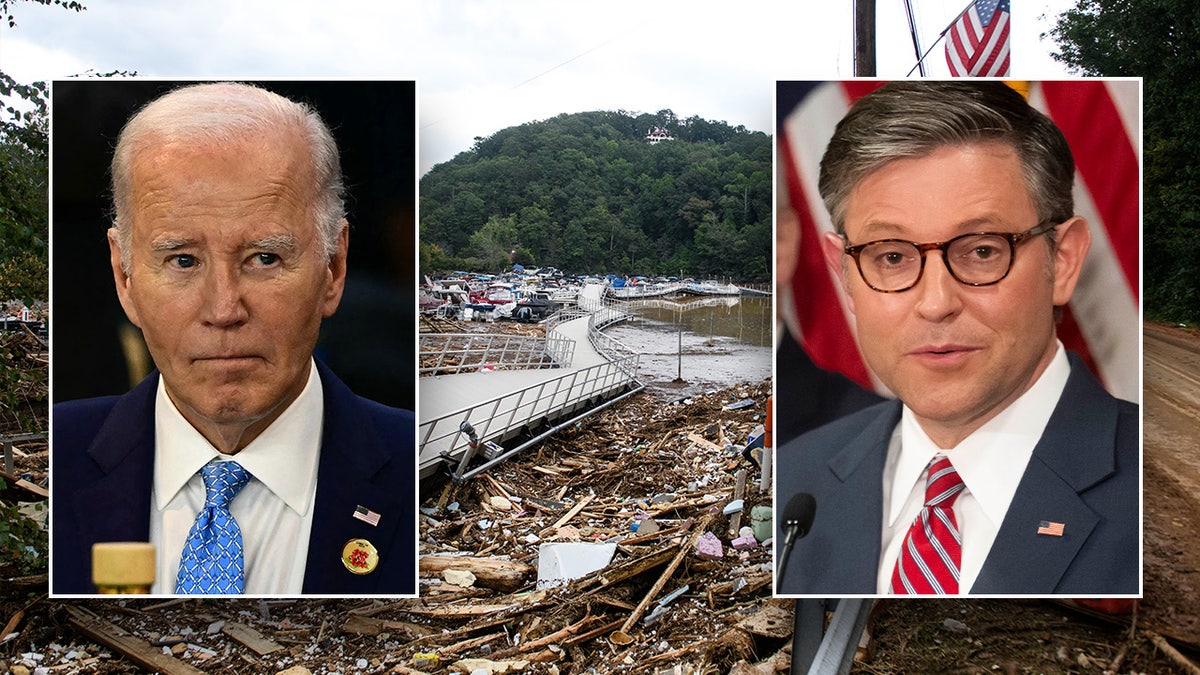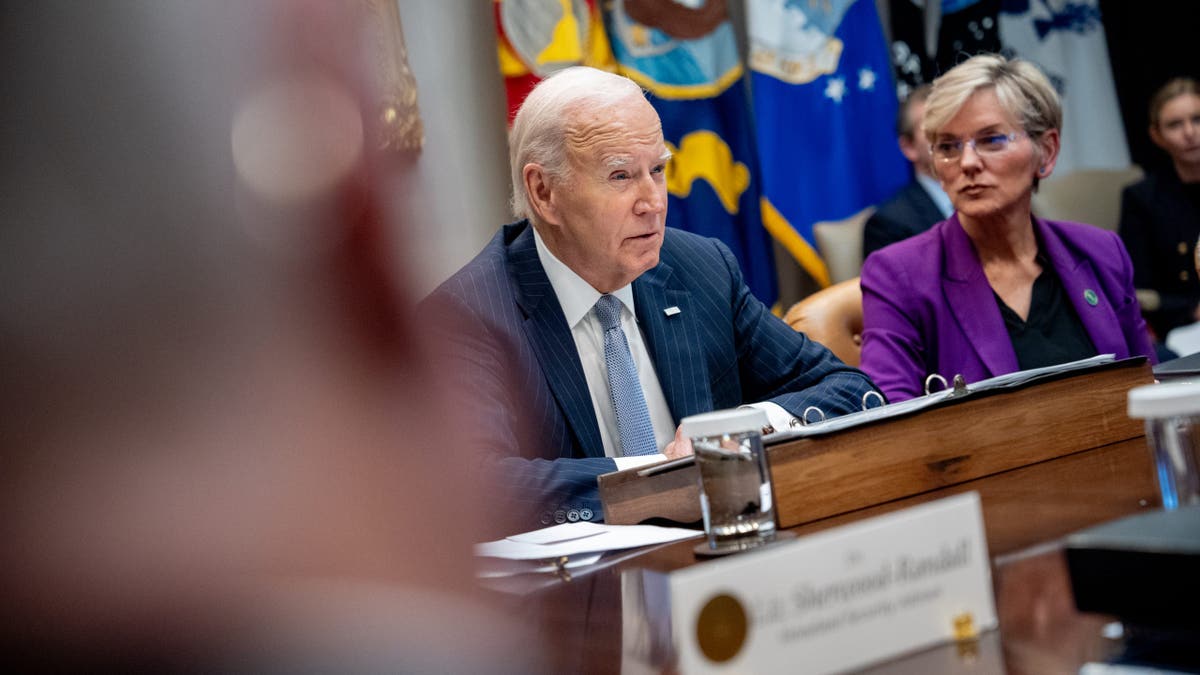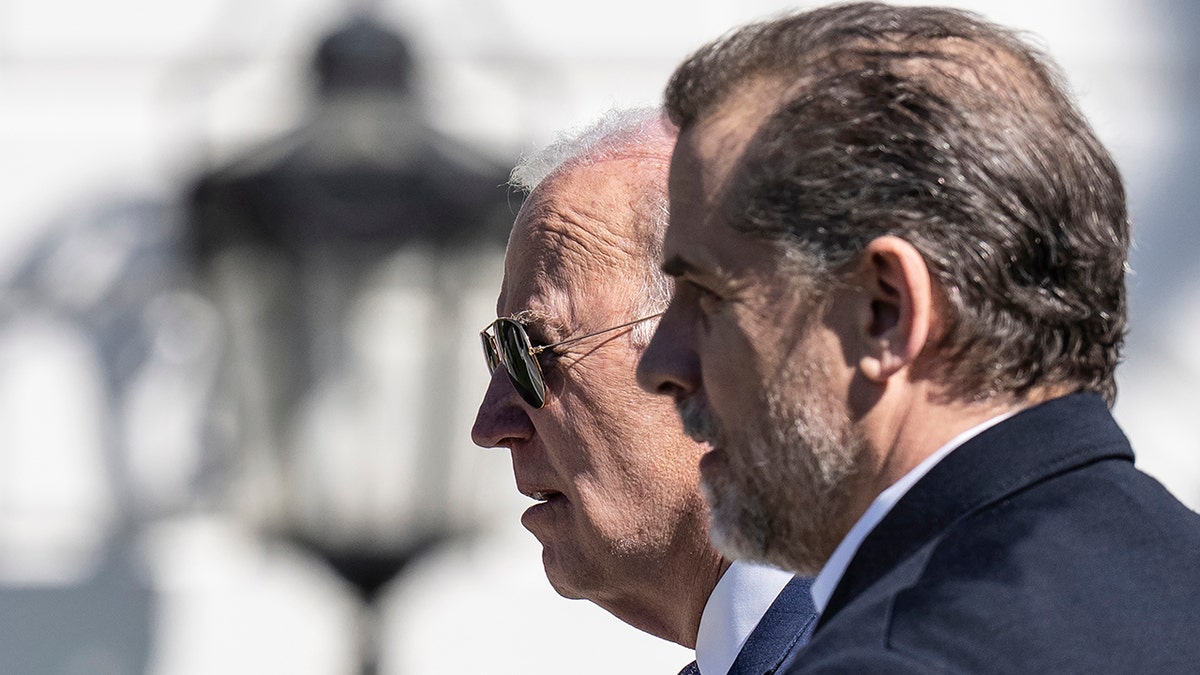Negotiations continue on Capitol Hill regarding an emergency spending bill to avert a government shutdown and provide disaster relief, with the release of the bill's text now anticipated to be delayed. Lawmakers are grappling with the size and scope of the disaster aid package, particularly its connection to year-end funding legislation crucial for preventing a partial shutdown during the upcoming holiday season.
The delay raises concerns due to the impending government funding deadline of 11:59:59 p.m. on Friday. A postponed release means the House of Representatives might not be able to process the bill until later in the week, leaving a narrow margin for action.

Hurricane Milton and Hurricane Helene damage. (National Weather Service)
The Senate's potential to slow down proceedings further complicates the timeline, especially if senators require additional time for consideration. The House operates under a "three-day rule," mandating that bill text be available for three days prior to debate and voting. Adhering to this rule while facing a rapidly approaching deadline presents a logistical challenge.
While funding for government operations through mid-March and the disaster relief package for Hurricanes Helene and Milton, the Maui wildfires, the Francis Scott Key Bridge collapse, and Midwest tornadoes appear to be settled, sticking points remain concerning agricultural provisions and other issues important to leaders in both chambers.

President Biden wrote to Speaker Mike Johnson about disaster aid after Helene and Milton. (Getty Images)
Speculation surrounds the possibility of last-minute additions to the bill, such as provisions related to Syria or drones, but remains unconfirmed.
The financial impact of Hurricane Helene has been emphasized, with predictions that it could be one of the costliest storms in U.S. history. The Biden administration's request for over $100 billion in disaster aid has sparked debate, with the House Freedom Caucus urging Republican leaders to reject the proposal and advocate for a smaller, offset package focused on essential needs.

President Biden, accompanied by Energy Secretary Jennifer Granholm (R), gives an update on the government's response to Hurricanes Milton and Helene in the Roosevelt Room of the White House on October 11, 2024, in Washington, D.C.
The House Freedom Caucus argues against passing a substantial, unfunded disaster relief bill that could be used to advance unrelated priorities, especially with the upcoming shift in political control. They recommend addressing only the most urgent needs for hurricane victims and farmers, offsetting the costs with spending cuts, and deferring broader disaster relief management to the incoming Trump administration.
Without the approval of new spending through appropriations bills or a continuing resolution, a partial government shutdown could occur before Christmas.








